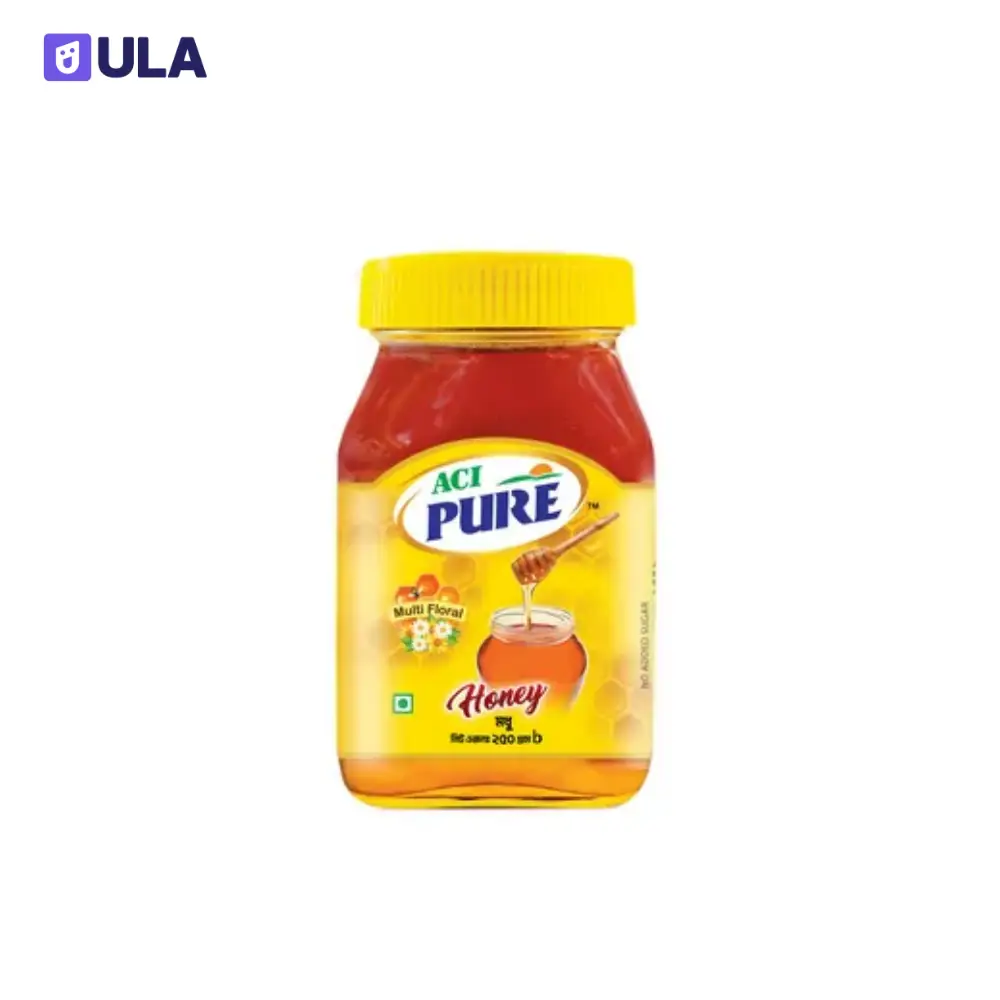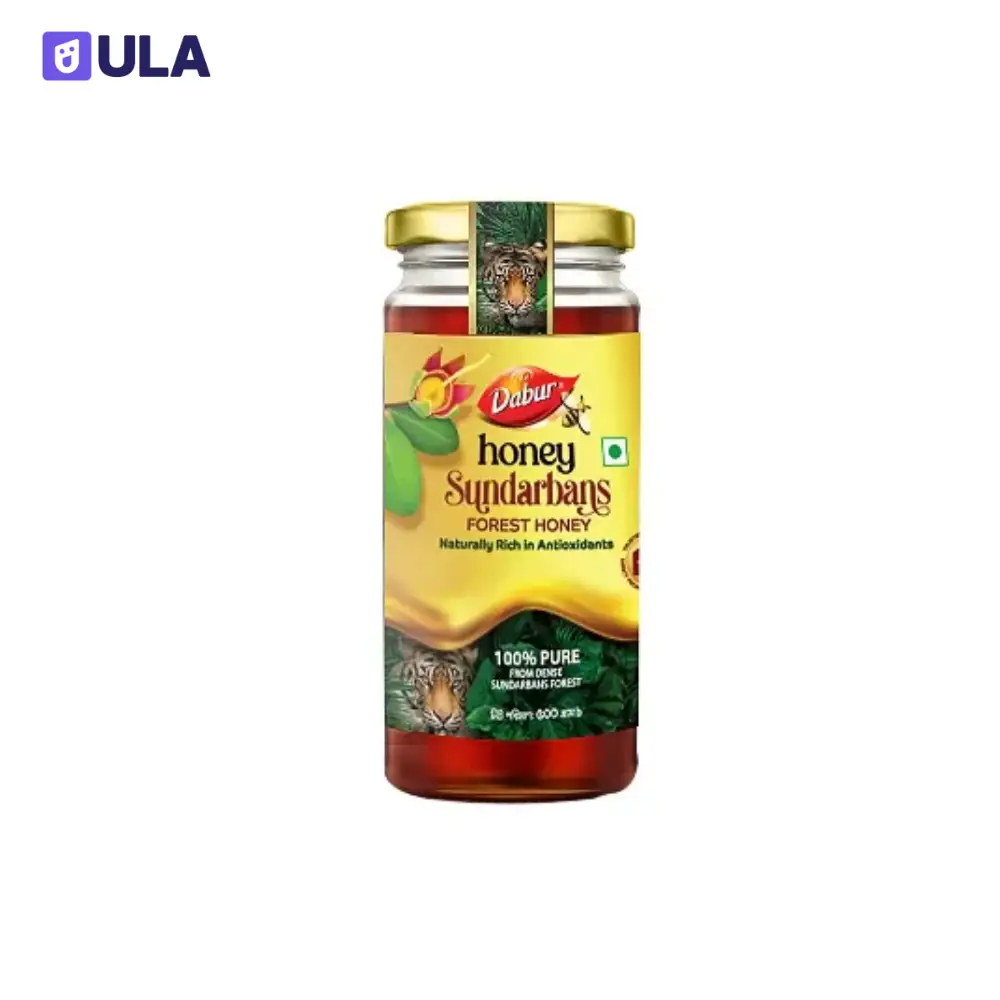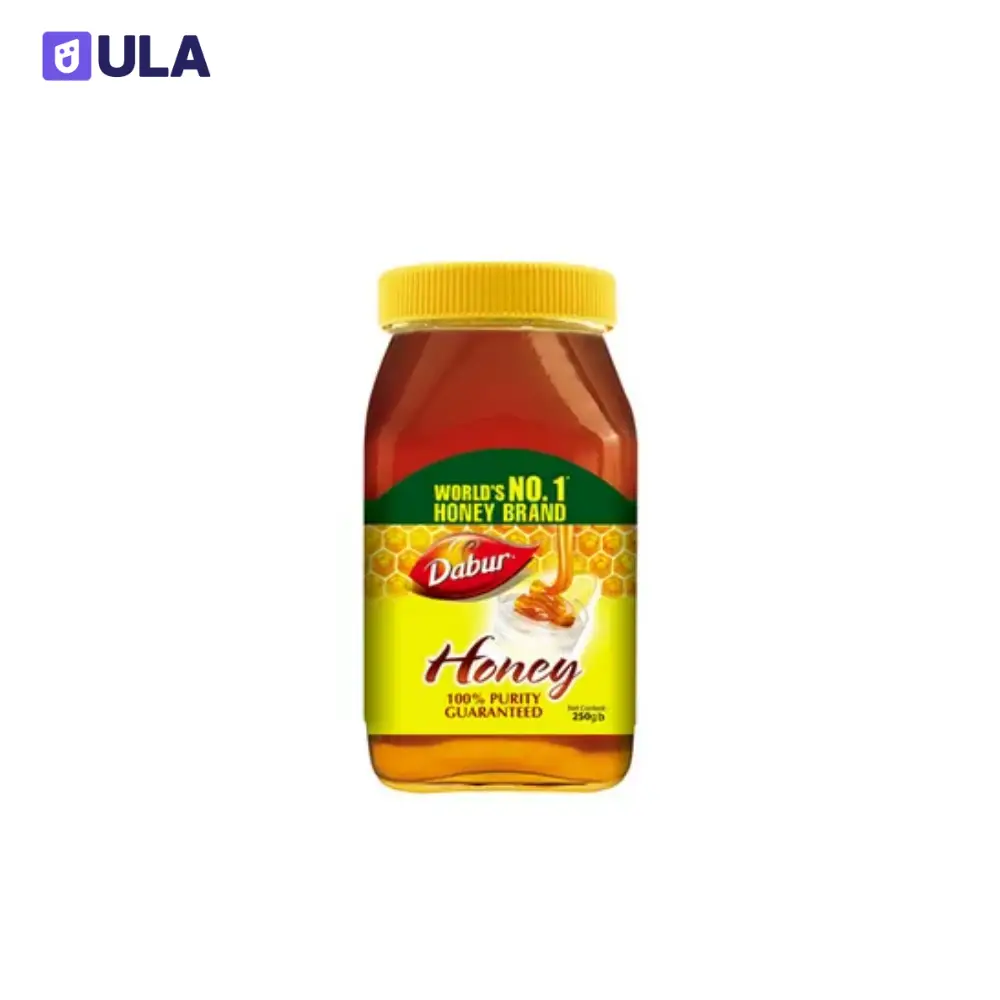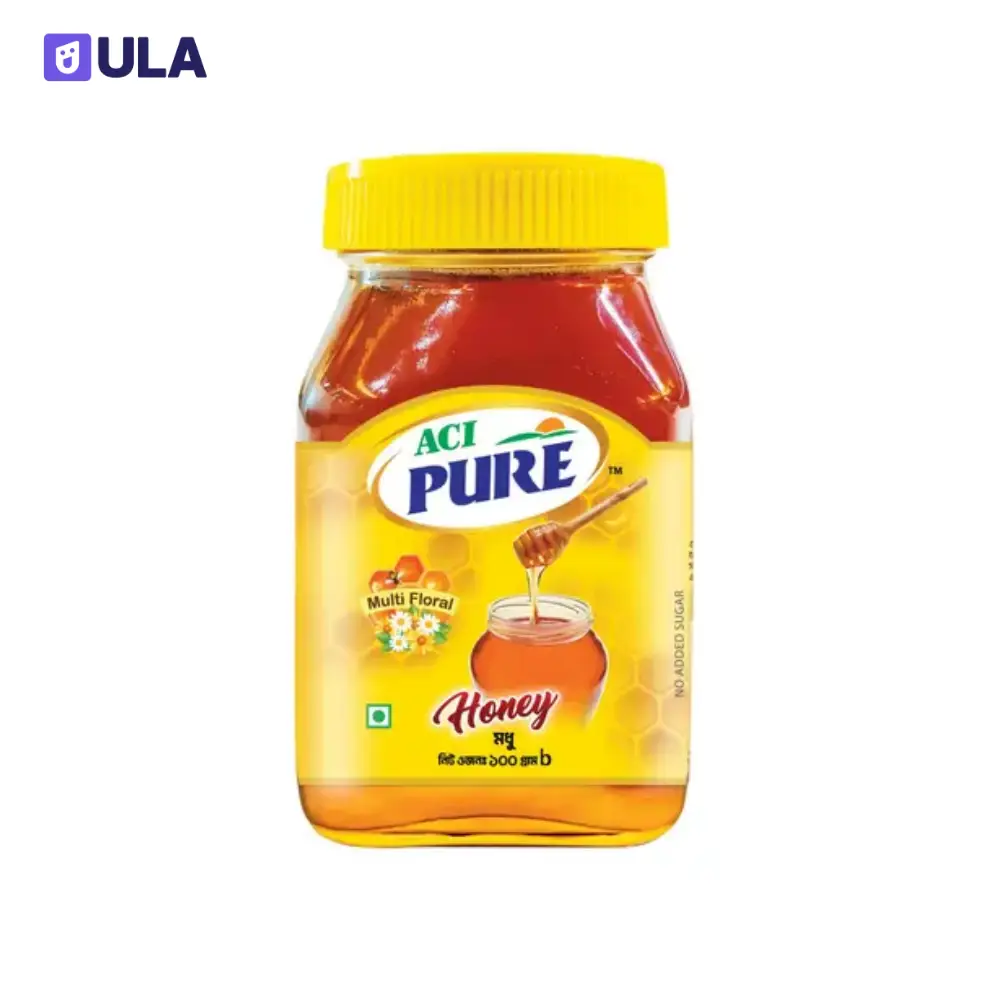Honey Price in Bangladesh
Honey, locally known as "modhu," is a revered natural product in Bangladesh, celebrated for its sweet taste and a wide range of health benefits. From being a natural sweetener in tea and desserts to a traditional remedy for coughs and a key ingredient in many traditional medicines, honey is a staple in households across the country. The market for honey is vast and diverse, with varieties differing based on the floral source. Finding the best honey price in Bangladesh is a key concern for consumers who seek pure, unadulterated honey for their family. We provide a comprehensive overview of the current honey market, including a breakdown of prices for different types, popular sources, and key factors that influence the cost.
What Bangladeshis Search For: Popular Honey Varieties and Market Prices
The honey market in Bangladesh is extensive, with different types of honey catering to various tastes and health benefits. Consumer searches often revolve around a few key, well-known varieties.
Sundarban Honey
Sundarban honey is perhaps the most famous and sought-after variety in Bangladesh. Harvested from the vast mangrove forests of the Sundarbans, this honey is known for its unique taste and a slightly darker color. However, due to its high demand, the market is often flooded with adulterated products. The price for pure Sundarban honey is generally high, ranging from BDT 750 to over BDT 1,500 per kg, and can vary significantly depending on the seller and the guarantee of purity.
Mustard Flower (Shorisha) Honey
Mustard flower honey is one of the most common and affordable varieties in Bangladesh. It is light in color, has a sweet, slightly sharp flavor, and is known to crystallize quickly. This crystallization is a natural process and a sign of purity. The price for Mustard flower honey is typically more budget-friendly, ranging from BDT 350 to BDT 500 per kg.
Lychee (Lichu) and Black Seed (Kalijira) Honey
Lychee flower honey is another popular seasonal variety. It is light in color, with a delicate, fruity flavor and a pleasant aroma. The price for Lychee honey can range from BDT 450 to BDT 650 per kg. Black seed flower honey is a highly prized variety, often considered to have significant medicinal properties. It is a darker honey with a distinct, pungent flavor. Due to its high demand, it is one of the more expensive local varieties, with prices ranging from BDT 700 to BDT 1,200+ per kg.
Imported and Premium Honey
Beyond local varieties, a range of imported and premium honey brands are also available, often at a higher price point. Brands like Al Shifa and Davidoff offer a different flavor profile and are often a preferred choice for consumers who use honey for baking or as a premium spread. The price for imported honey can range from BDT 1,500 to BDT 4,000+ per kg.
How to Choose the Right Honey in Bangladesh
Selecting the perfect honey depends on your needs and a guarantee of purity. Here are a few key points to consider for your purchase in Bangladesh:
Purity and Authenticity: The most important factor. Due to a high rate of adulteration, it is recommended to buy from a trusted source, such as a reputable brand, a certified organic store, or a known local seller. Look for products that are marked as "pure" or "organic."
Type and Flavor: The flavor and color of honey depend on the nectar of the flowers. A lighter honey like Lychee is great for a light sweetness, while a darker honey like Sundarban or Black Seed is perfect for its robust flavor and health benefits.
Price and Value: While a lower price may seem tempting, it is often an indicator of adulteration. It is better to pay a fair price for a guaranteed pure product.
Where to Buy Pure Honey in Bangladesh
Consumers have a variety of options for buying pure honey, from traditional markets to modern online platforms.
- Specialized Organic and Food Stores: Stores that specialize in organic and pure food products, such as Khaas Food, Shorobor, and Organic Online BD, are great places to find a wide variety of certified pure honey.
- Superstores: Modern superstores like Shwapno and Meena Bazar often carry a selection of branded honey, including both local and imported varieties.
- Online Platforms: E-commerce platforms like Daraz, Chaldal, and Othoba.com have made buying honey incredibly convenient with home delivery. Many local and home-based sellers also take orders through social media platforms.
FAQ
Q: Does honey ever expire?
A: While honey does not spoil, it can lose some of its flavor and aroma over time. It is best consumed within a few years of purchase.
Q: Why does honey crystallize?
A: Crystallization is a natural process that occurs when the glucose in honey separates from the water. This is a sign of purity, as adulterated honey (mixed with sugar syrup) will not crystallize in the same way. To return it to a liquid state, simply place the jar in a bowl of warm water.
Q: What are the health benefits of honey?
A: Honey is a natural source of antioxidants and has antibacterial and anti-inflammatory properties. It is often used to soothe sore throats, aid digestion, and is considered a better alternative to refined sugar.




